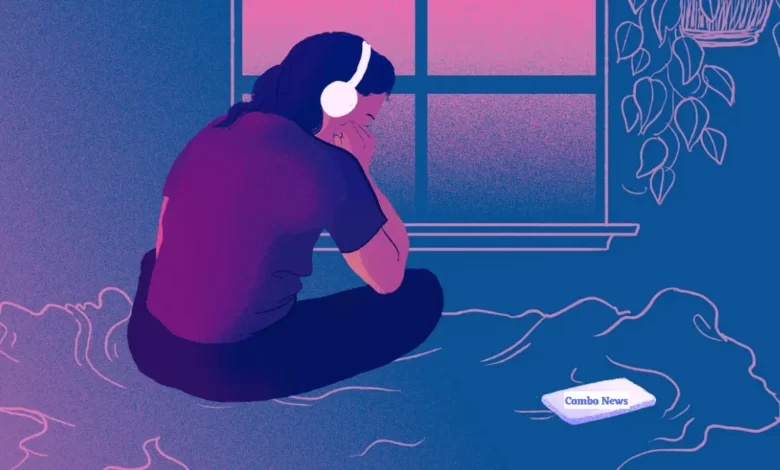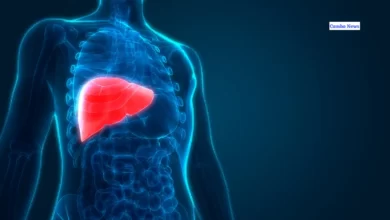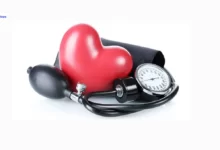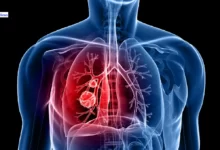Understanding the Symptoms of Depression

In a world that increasingly values mental health, it’s crucial to shine a light on conditions like depression. Depression is not just a fleeting sadness; it’s a complex mental health disorder that affects millions of people worldwide. Understanding its symptoms is the first step towards seeking help and finding effective treatment.
In this article, we will delve into the SEO-friendly exploration of depression symptoms, shedding light on this often misunderstood condition.
10 Symptoms of Depression
1. Persistent Sadness
One of the most common and recognizable symptoms of depression is persistent sadness. It’s not just feeling down occasionally; it’s a deep and unshakable feeling of despair that persists for weeks, if not months. This sadness can affect one’s ability to enjoy life and engage in activities they once found pleasurable.
Also Read | Meditation Benefits for Heart Health: A Comprehensive Guide
2. Changes in Sleep Patterns
Depression often disrupts sleep patterns. Some individuals may experience insomnia, finding it difficult to fall asleep or stay asleep. On the flip side, others may find themselves sleeping excessively, feeling tired no matter how much they rest. These changes can further exacerbate feelings of fatigue and hopelessness.
3. Loss of Interest and Pleasure
Depression can strip away the ability to experience joy and interest in activities that once brought happiness. Hobbies, social interactions, and even personal relationships may lose their appeal. This symptom, known as anhedonia, can be incredibly distressing for those affected by depression.
4. Changes in Appetite and Weight
Fluctuations in appetite and weight are also common symptoms of depression. Some individuals may experience a significant increase in appetite, leading to weight gain, while others may lose their appetite and subsequently lose weight. These changes can impact both physical and mental health.
5. Fatigue and Lack of Energy
Feeling constantly drained and lacking energy is another hallmark of depression. Even simple tasks can become overwhelming, making it challenging to carry out daily responsibilities. This fatigue can be debilitating, making it difficult for individuals to engage in any form of physical or mental activity.
6. Difficulty Concentrating and Making Decisions
Depression can fog the mind, making it challenging to concentrate, remember things, or make decisions. This cognitive impairment can hinder one’s work and personal life, leading to feelings of frustration and inadequacy.
Also Read | Unlocking the Secrets of Doctors: Effective Strategies to Maintain Blood Pressure
7. Feelings of Worthlessness and Guilt
Depression often brings about intense feelings of worthlessness and guilt. Individuals may constantly berate themselves for perceived failures or shortcomings, even when those feelings are unfounded. This self-criticism can further perpetuate the cycle of depression.
8. Physical Symptoms
Depression isn’t just confined to the mind; it can manifest physically as well. People with depression may experience aches and pains, headaches, digestive issues, and other physical symptoms with no apparent medical cause.
9. Social Isolation
Withdrawal from social activities and a desire to isolate oneself from friends and family are common symptoms of depression. Feelings of shame or the belief that no one will understand can contribute to this isolation, making it harder to seek help.
10. Suicidal Thoughts
In severe cases of depression, individuals may experience thoughts of suicide. It’s essential to take any mention of suicide seriously and seek immediate help if you or someone you know is struggling with these thoughts.
Depression
Depression is a pervasive mental health condition that can impact every aspect of a person’s life. Recognizing the symptoms is crucial, as it’s the first step toward getting the help and support needed to manage and overcome depression. If you or someone you know is struggling with depression, reach out to a healthcare professional or support network for assistance.
Remember, there is hope, and treatment can lead to a brighter future
Also Read | Understanding Panic Attacks: Causes, Triggers, and Ways to Overcome Them








